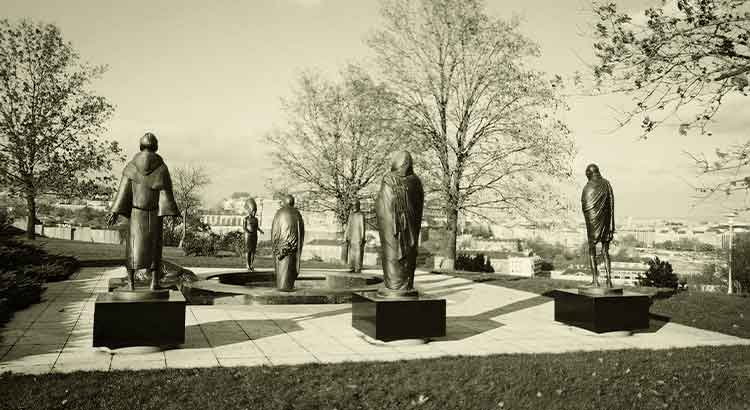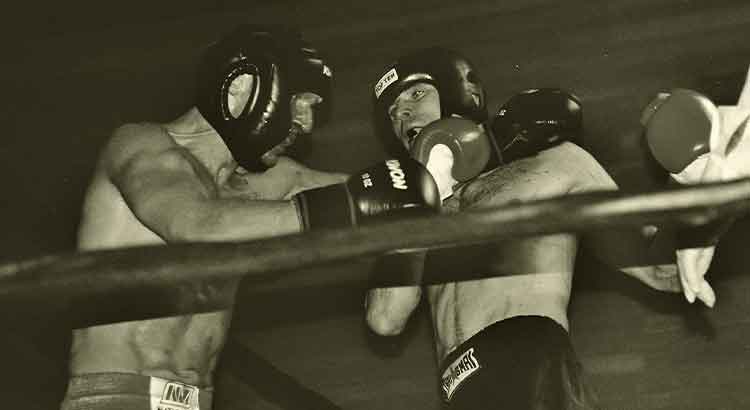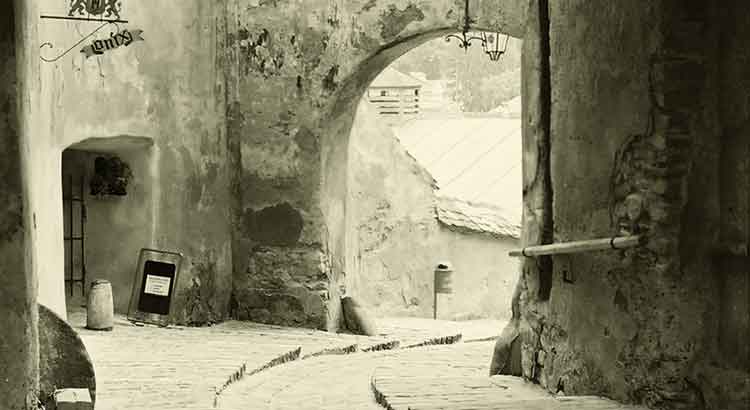It was Mário Ferreira dos Santos, and no other, who fully showed me the nobility of speculative philosophy, not because until then I had only come into contact with playful and vain writers, but because in him, more than in others, I saw the real need for the speculative exercise. A need arising from vital questions that found in this method the only possibility of a safe solution. The meticulousness, the stretching out and scrutiny come out not as a pretentious exhibition, but as a methodical demand inherent to the seriousness of the questions. As in Thomas Aquinas, digressions, numerous demonstrations: but everything, always, aiming at clarity, aiming at precise exposition. Great mind!
Tag: philosophy
Unpalatable Reasoning
I feel perfectly capable of imagining impressive effects coming from Buddhist Tantric practices, which are nothing but a process of mental re-education. But neither Buddhism nor any other Eastern school can convince me of the nonsense of denying reality, no matter how wonderful effects they promise by doing so. I understand the dangers of valuing on error, I understand, above all, the need to break with earthly ties; but my mind violently rejects considering myself a nothing in essence, wrapped in a nothingness devoid of any foundation: zeros and more zeros, and never anything. No! There are illusions, and I can distinguish them because there is also something non-illusory. There is the mind and the products of the mind, just as there is an external reality that differs from them. I am sorry, I am sorry, but I cannot accept as identical phenomena an imaginary punch in the face and a real punch in the face—and I can, what a novelty!, prove what I say.
Filosofias da afirmação e da negação, by Mário Ferreira dos Santos
I said, if not in an act of courage, at least of intellectual honesty, that Nagarjuna’s magnum opus seemed delirious to me. I stopped there. And now, after about two months, I come into contact with this Filosofias da afirmação e da negação (Philosophies of affirmation and negation), by the enormous Mário Ferreira do Santos, who methodically crushes each of Nagarjuna’s lines that I found so strange, and that I did not dare to guess why. Mário, in this work, leaves whoever reads it in the difficult situation of agreeing or being cowardly, if not dishonest. There is no room for neutrality in the face of the demolishing argumentation that demands respectful assent. Nihilism, skepticism, relativism, idealism, evolutionism… come out of the debate devastated, and it is impressive how in this way Mário prepares the soil on which he erects his positive philosophy, giving it the appearance of imperiousness before the intellectual currents in vogue. It is undeniable: Mário Ferreira dos Santos is a phenomenon of the highest category in western thought.
The Prose of Thomas Aquinas
Thomas Aquinas should be taken as a model by all those who write with the intention of convincing. It is curious to note that his prose, very simple, emanates an enviable brilliance due to the clarity with which his sentences reveal themselves to those who read them. An incautious person could suppose that, by chance, it would be natural, spontaneous prose. Oh, innocence! Such a result is impossible if not supported by an ultimate and constant effort for clarity. True, true: many details, many subtleties… but it delights to appreciate such precise lines, and it is admirable when one notices they are motivated by such deep meditation.



